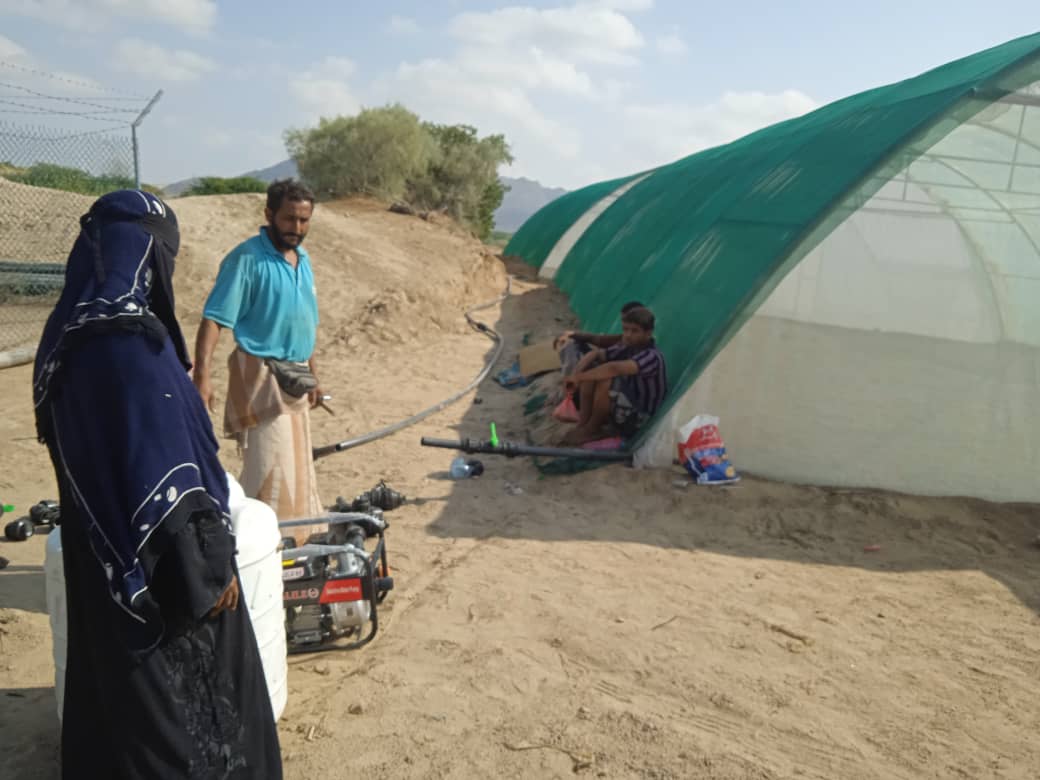
Anchors of Hope: Women driving recovery and resilience - Yemen
Growing Strength in Yemen’s Fields
@FAO
19/08/2025
Yemen continues to endure one of the world’s most complex and enduring humanitarian crises. Years of conflict, economic instability and environmental shocks have devastated livelihoods, displaced millions and left nearly half the population around 17.1 million people food insecure. The agriculture sector, which provides income for nearly 60 percent of Yemen’s population, has been severely impacted by damaged infrastructure, rising input costs and climate-related hazards such as droughts and floods.
Women and girls face unique and disproportionate challenges. Over 1.3 million pregnant and breastfeeding women are malnourished, and nearly 50 percent of children under five suffer from some form of malnutrition. Protection risks and financial resource denial is on the rise, and women’s access to basic services remains critically limited. Despite these constraints, rural women continue to play a decisive role in sustaining food systems and leading recovery efforts. Their leadership is not only essential, but also transformative.
In the heart of Khanfar district, Abyan governorate, Asrar Haidara Abdullah Al-Kharman exemplifies this leadership. Armed with a diploma in horticulture, Asrar is a farmer, educator and agricultural extensionist with the Rural Women’s Department in Abyan’s Agriculture Office. She manages over 17 acres of farmland, cultivating bananas, sesame, almonds, sugarcane, mangoes, lemons, and fodder. Her technical knowledge has allowed her to implement modern and sustainable practices that boost productivity and reduce climate risks.
Her expertise has also made her a trusted leader within her community. Asrar heads the Almayuh Women’s User Association (WUA), where she oversees agricultural and livestock projects that benefit dozens of other rural women. She also chairs her village’s community committee, playing a vital role in supervising development projects and resolving local challenges.
Through FAO’s support, Asrar has strengthened both her productivity and Water User Association (WUA) sustainability. She received modern irrigation system kit and two greenhouses, seeds, and an animal barn with all vital tools for climate resilient farming. She also oversees a livestock project supported by FAO under her leadership at the WUA, extending benefits to other rural women in her district.
“Asrar’s leadership has become a reference point for agricultural and community actors alike,” noted a local official. Her work is recognized by the Irrigation and Agriculture Departments, the Yemeni Women’s Union, and the broader community testament to her credibility and the trust she has built. Whether in her fields or at community meetings, Asrar is proof that rural women are more than caretakers they are central to the resilience of agrifood systems in Yemen and beyond.
